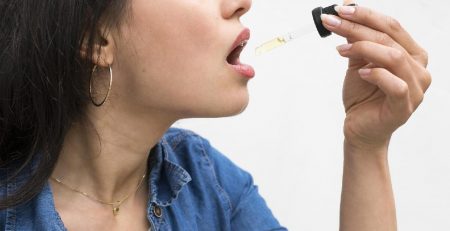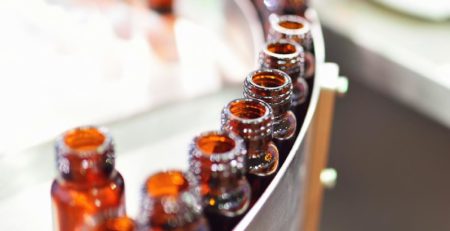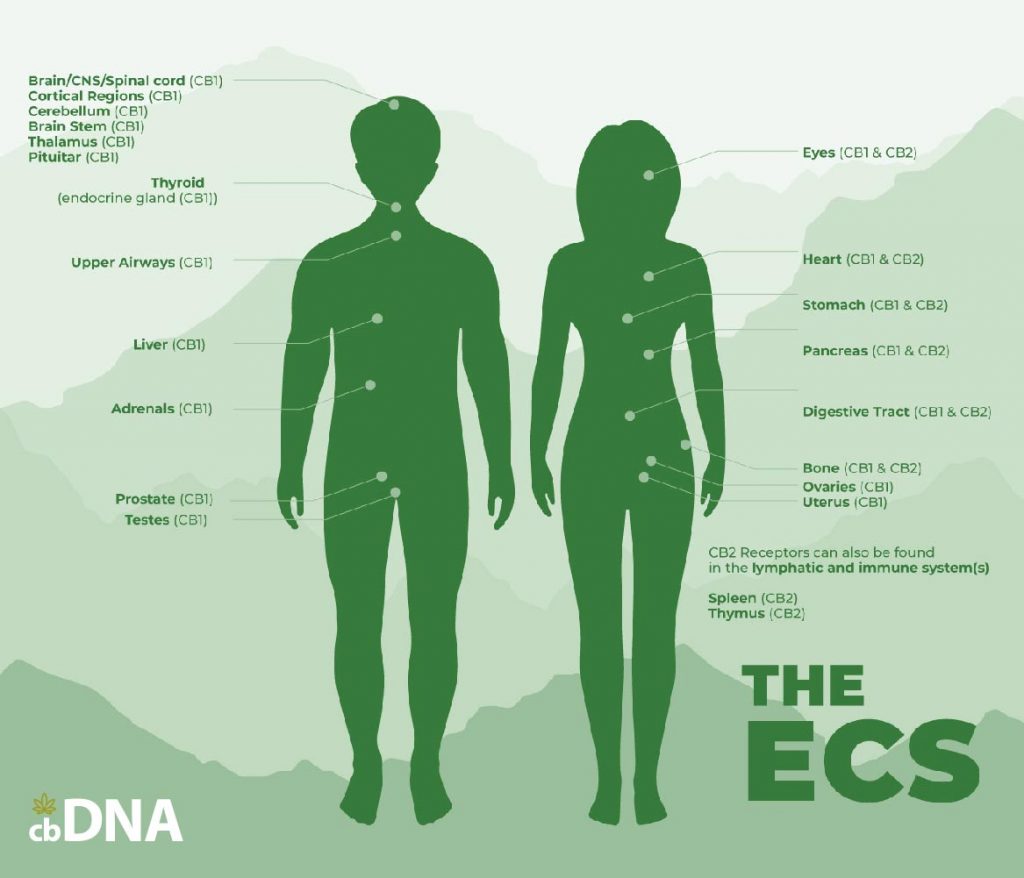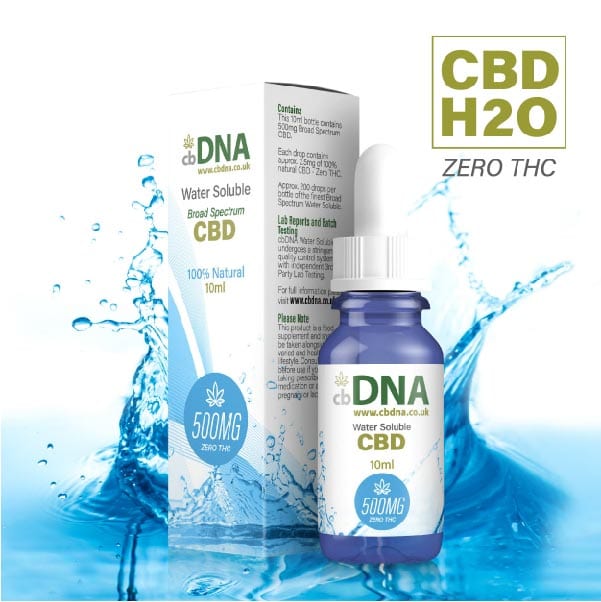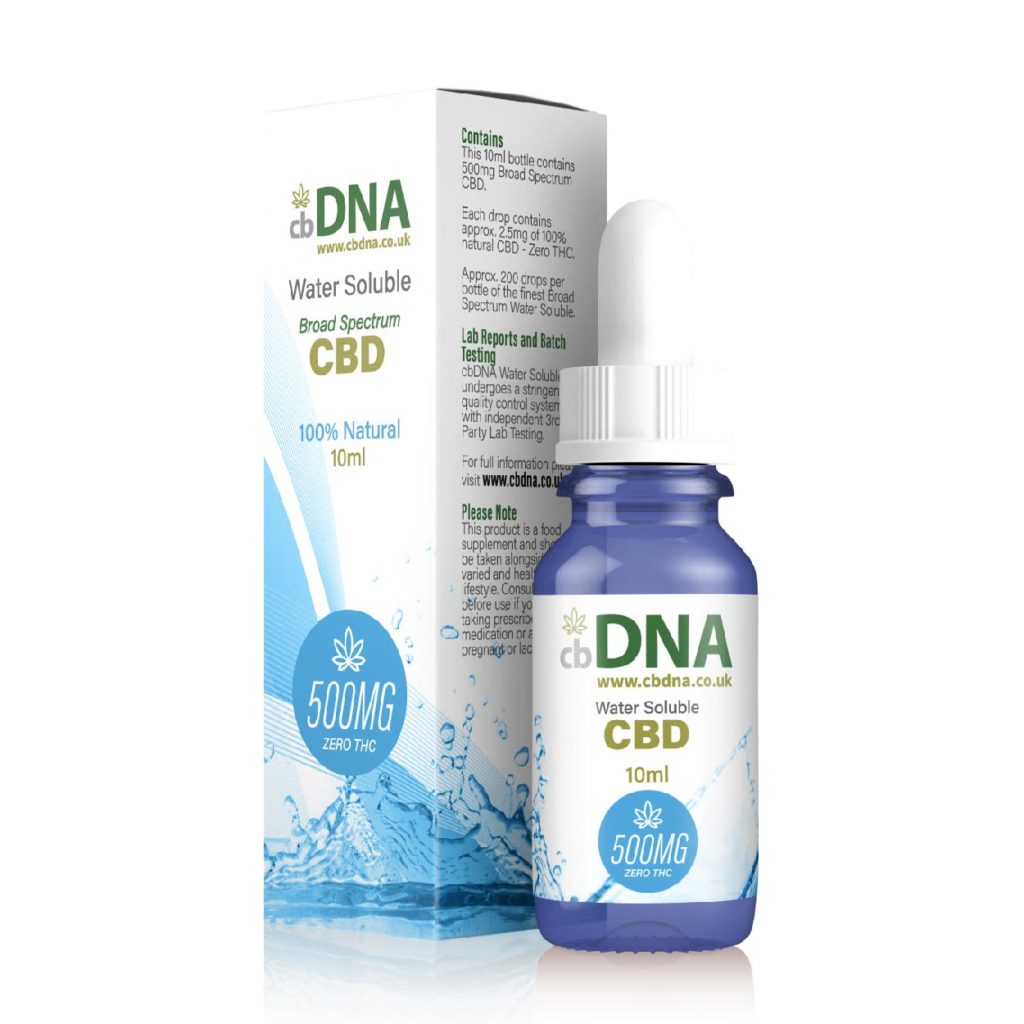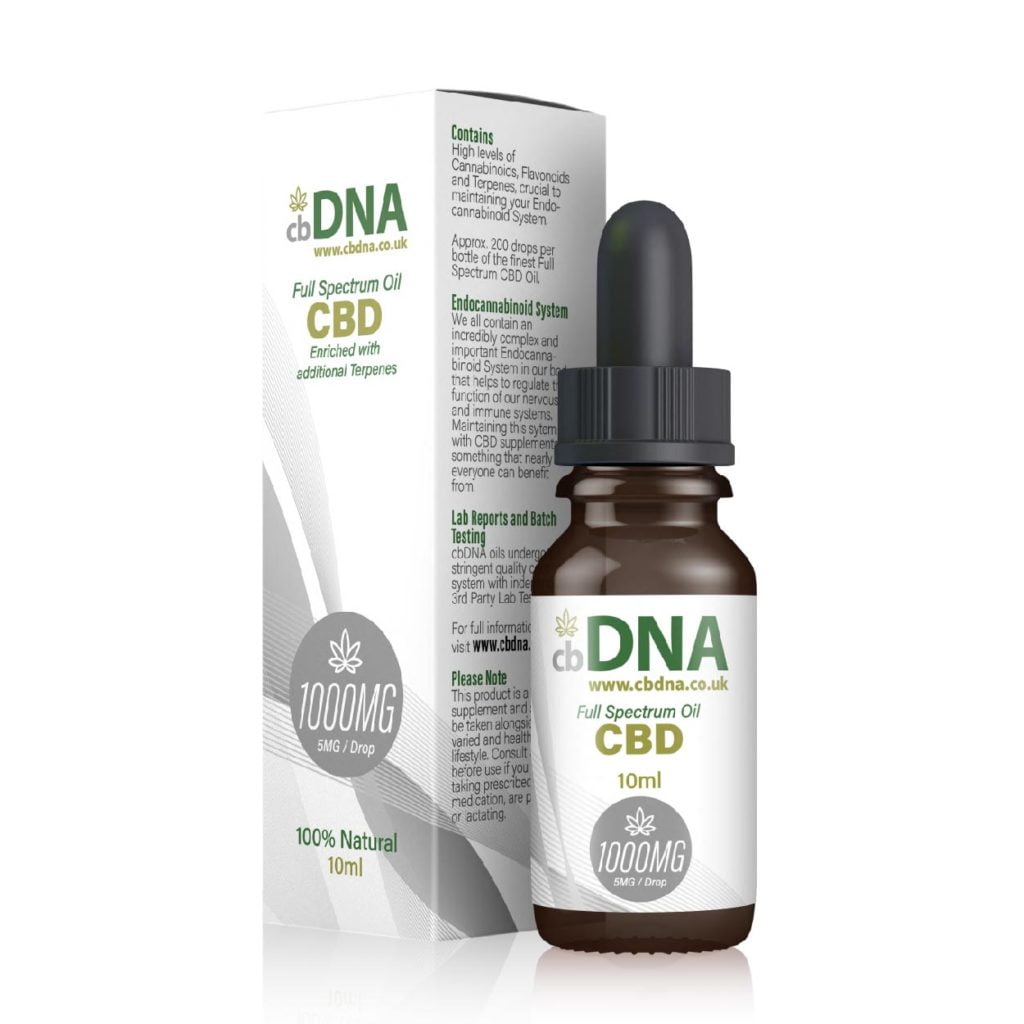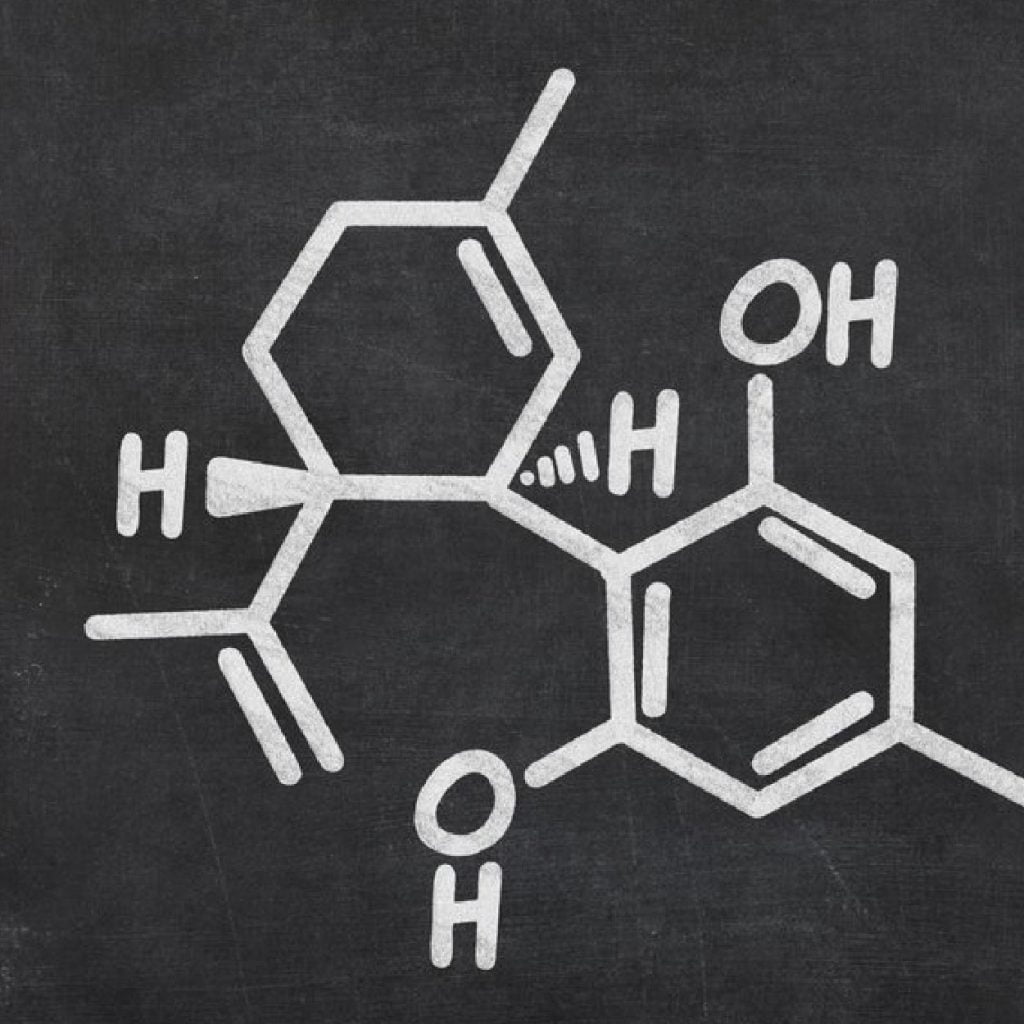
Entourage Effect
Cannabis plants contain more than 120 different cannabinoids. These cannabinoids act on your endocannabinoid system, which works to keep your body in homeostasis, or balance. Cannabidiol (CBD) and tetrahydrocannabinol (THC) are two of the more well-researched and popular cannabinoids. People take CBD and THC in a variety of ways, and they can be consumed separately or together. However, some research suggests that taking them together — along with smaller organic compounds in the cannabis plant, known as terpenes or terpenoids — is more effective than taking CBD or THC alone. This is due to an interaction between cannabinoids and terpenes called “the entourage effect.” Cannabinoids and terpenoids in cannabis are thought to interact with each other as well as the brain’s receptors.
CBD
Cannabidiol, or CBD, is one of the many cannabinoids found in the cannabis family of plants. It is non-psychoactive, meaning it won’t get you high.
THC
Tetrahydrocannabinol, or THC, is the compound responsible for the high from cannabis. As a result it is strictly controlled in most of the world, and it’s concentration in CBD products is normally restricted to 0.2% or similar.
Cannabinoids such as CBD have been shown to be effective for:
- Chronic pain
- Depression
- Anxiety
- Inflammation
This is just a few of the conditions CBD could alleviate. Marijuana has been used to treat pain as far back as 2900 B.C. It’s thought that when utilising the entourage effect, the benefits from CBD (and other cannabinoids such as CBG) are more profound.
The Entourage Effect: how cannabinoids interact with the body
The human body contains a specialized system called the endocannabinoid system (ECS), which is involved in regulating a variety of functions including sleep, appetite, pain and immune system response. The body produces endocannabinoids, which are neurotransmitters that bind to cannabinoid receptors in your nervous system.
Studies have shown that CBD may help reduce chronic pain by impacting endocannabinoid receptor activity, reducing inflammation and interacting with neurotransmitters.
Anxiety and depression are common mental health disorders that can have devastating impacts on health and well-being. According to the World Health Organization, depression is the single largest contributor to disability worldwide, while anxiety disorders are ranked sixth. Anxiety and depression are usually treated with pharmaceutical drugs, which can cause a number of side effects including drowsiness, agitation, insomnia, sexual dysfunction and headache.
CBD oil has shown promise as a treatment for both depression and anxiety, leading many who live with these disorders to become interested in this natural approach. These qualities are linked to CBD’s ability to act on the brain’s receptors for serotonin, a neurotransmitter that regulates mood and social behavior. It has many advantages over traditional drugs, such as very minor side effects and high dosage tolerance.
CBD has even shown promise for things such as acne. Based on recent scientific studies. CBD oil may help treat acne due to its anti-inflammatory properties and ability to reduce sebum production.
How to utilise the Entourage Effect
In order to benefit from the entourage effect, you want to use a CBD oil that is “full spectrum”. Full-spectrum CBD products contain a broad range of cannabinoids and contain a very small (legal) amount of THC. It’s not enough to produce a high, but it could potentially still show up on a drug test. Before you make a purchase, be sure to check the ingredients to be sure of what you’re getting. If you wish to avoid the risk of failing a drug test. You can use CBD Isolate oils, but you will miss out on the potential benefits of the entourage effect.
Conclusion
If you’re wanting to try CBD of any kind, it’s a good idea to check with your doctor or pharmacist if you’re on prescription medicine or are pregnant. This can help avoid any potential complications or concerns.



